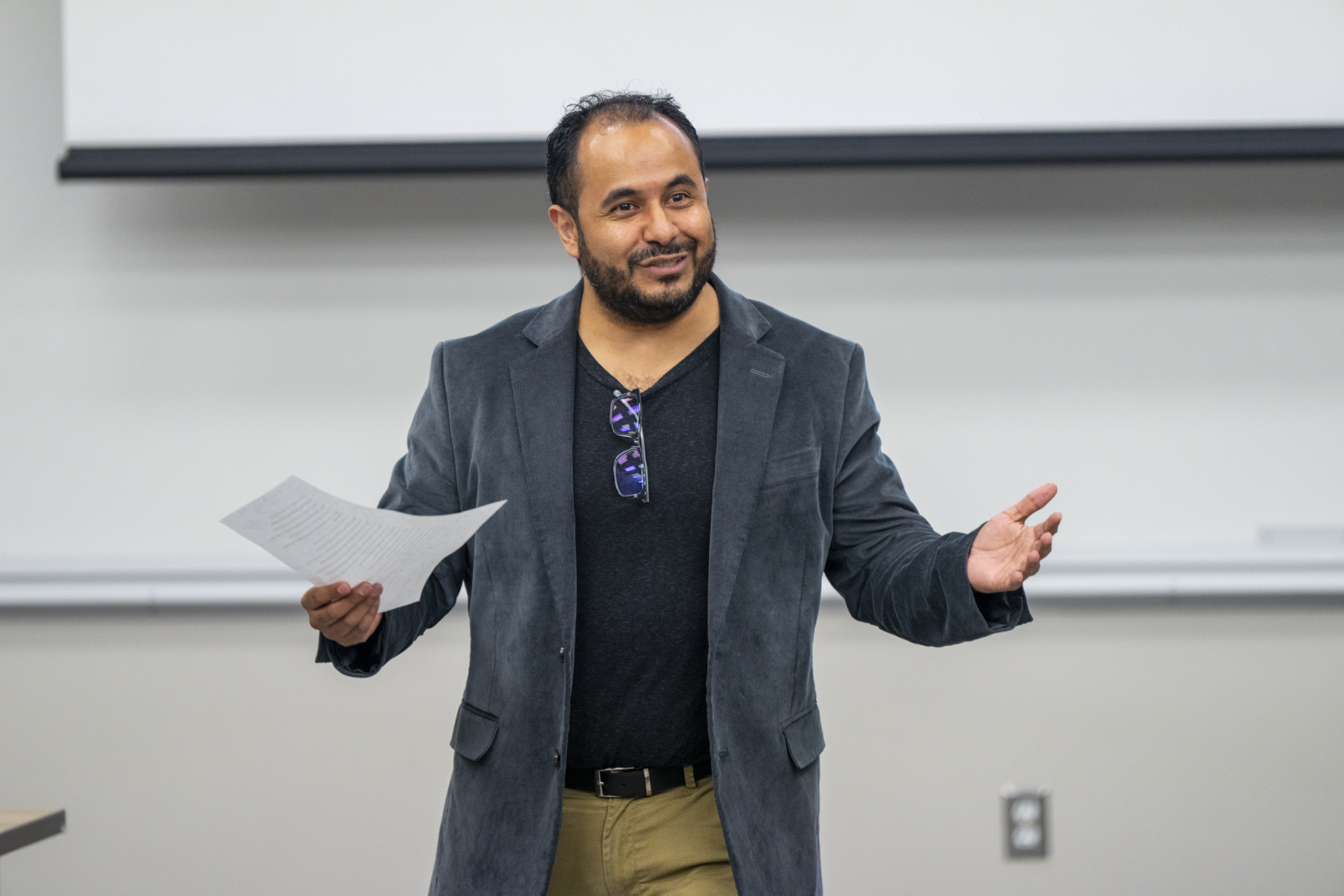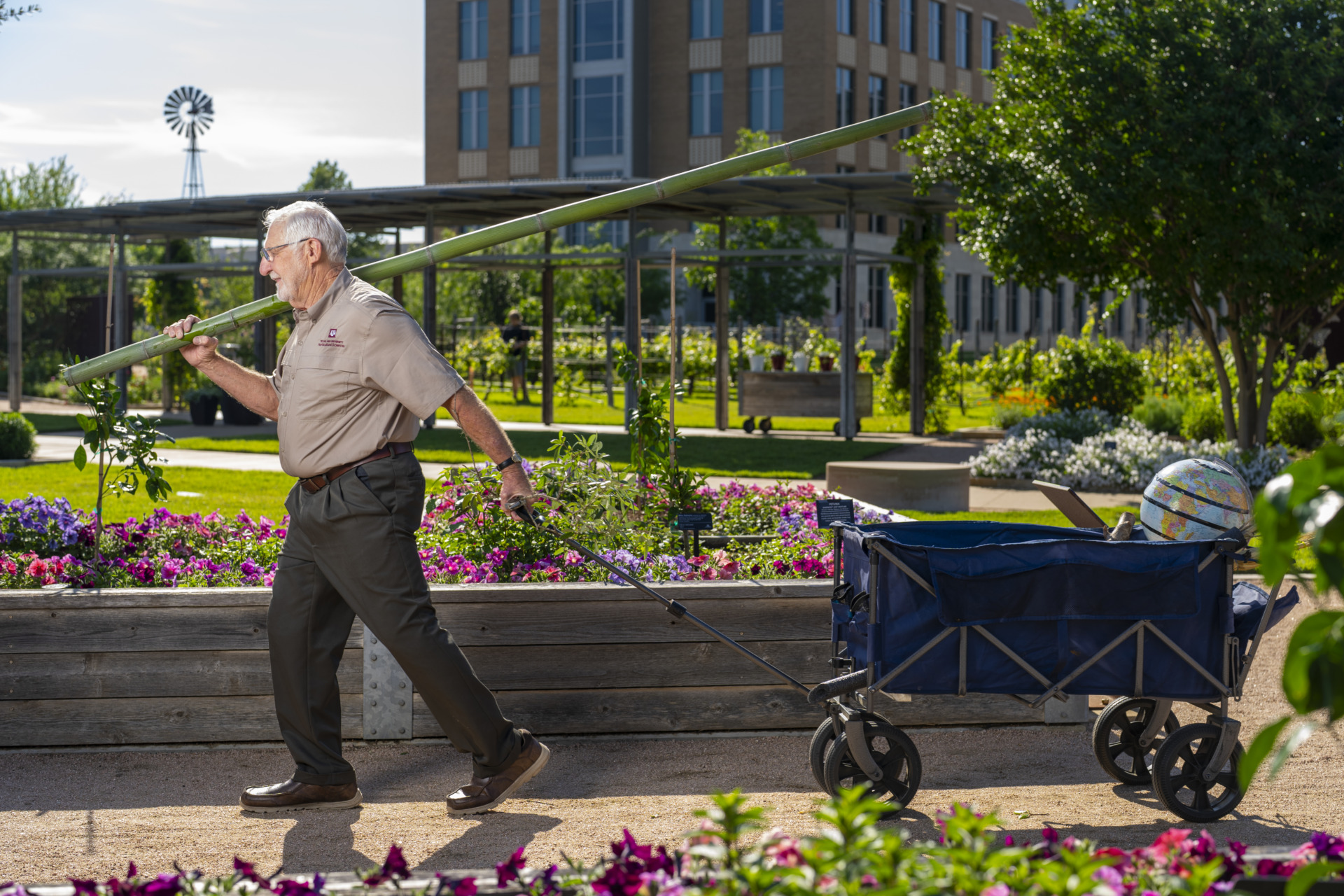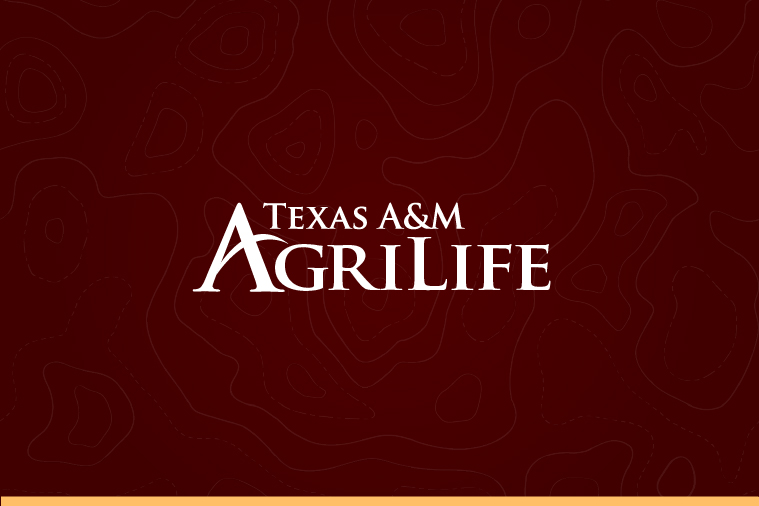In the spirit of learning
Dhingra shares inspiration behind passion for horticulture
Amit Dhingra, Ph.D., head of the Texas A&M Department of Horticultural Sciences, started Spirited Learning events to spotlight Texas horticulture and bring the Texas A&M University community together with industry insiders.
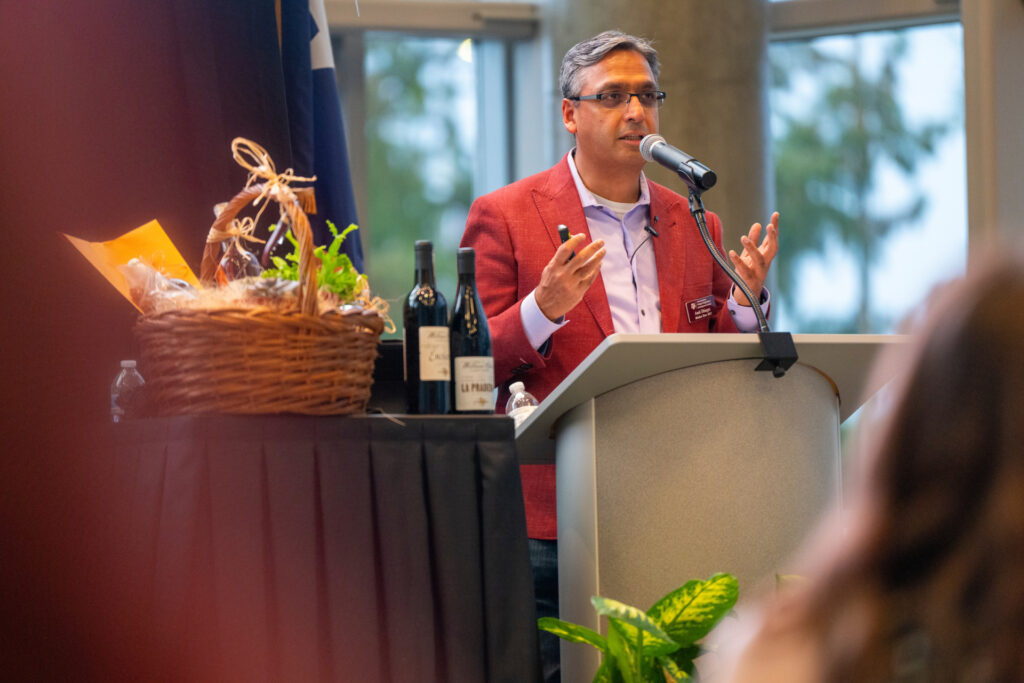
But these events, which are held each spring and fall semester, are decades and a far distance from where Dhingra’s interest in horticulture was seeded.
Dhingra’s journey in horticulture began in the early 1980s, standing in a food ration line in New Delhi, India. Even at a young age, Dhingra said he had ties to Texas A&M. At the time, India was becoming increasingly self-reliant with food production by producing dwarf wheat created by Norman Borlaug, Ph.D., a researcher, plant breeder and Nobel laureate hailed as the father of the “green revolution.”
Borlaug came to Texas A&M University in 1984 as Distinguished Professor of International Agriculture, and the Norman Borlaug Institute for International Agriculture and Development at Texas A&M continues Borlaug’s legacy of improving global food security, livelihoods, and resilience through applied agricultural research and outreach.
“Dr. Borlaug is credited to have saved more than a billion lives because his research made more wheat available,” Dhingra said. “I am one of those billion people that he is credited with having saved.”
Discovering a passion for horticulture
Dhingra’s parents were both medical doctors, and his mother worked with women who suffered from infertility due to malnutrition. He remembers how those experiences piqued his fascination with horticulture’s potential impact on human health and led him to pursue a career in the field.
Dhingra earned his bachelor’s degree in botany from Hindu College, New Delhi, India, in 1991, a master’s degree in botany from Raja Balwant Singh College, Agra, India, and his doctoral degree in plant molecular biology from the University of Delhi in 2000.
While finishing his doctoral degree, Dhingra was supported by a fellowship from The Rockefeller Foundation and the University Grants Commission, which allowed him to conduct part of his work at Rutgers University in New Jersey. He then moved to conduct research at the University of Central Florida, Orlando.
“My research was focused on how to improve carbon capture and photosynthesis to make more food,” Dhingra said. “That came from my childhood goals in a way.”
In 2004, Dhingra went to the University of Florida to work on related projects. He started working with strawberries as a side project, and in 2006 went to Washington State University to set up his own research program to map apple, pear and cherry genomes.
In his time at Washington State, Dhingra said he worked with over 120 undergraduate students from all disciplines, including sociology and civil engineering.
“While we were developing all of these genomic ideas, we were developing protocols to see if certain genes would provide resistance to a disease or make the fruit mature faster,” Dhingra said.
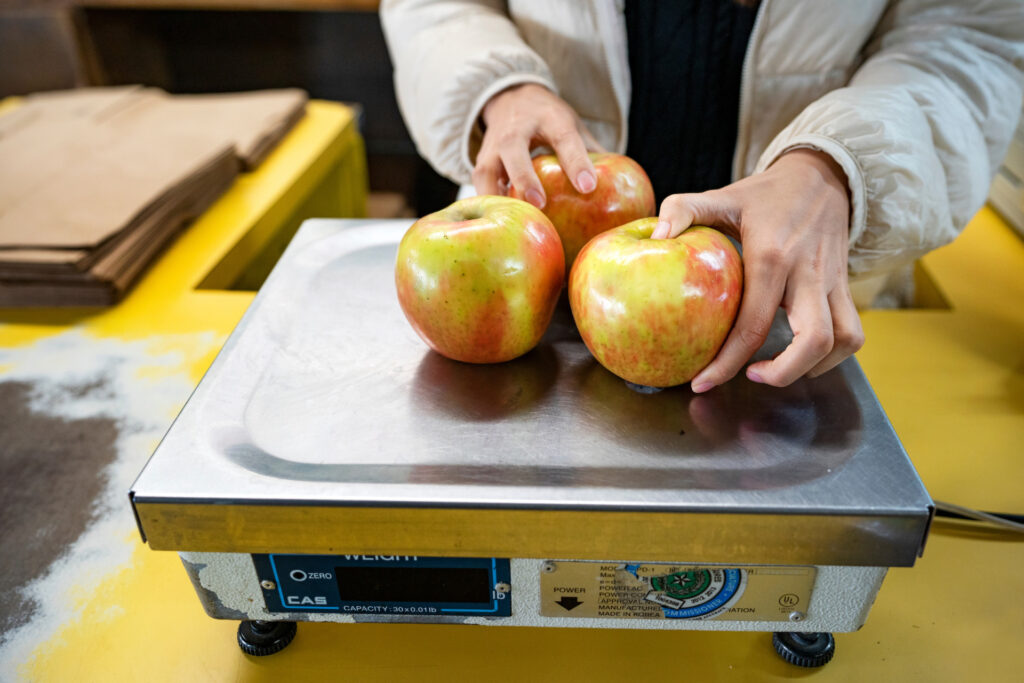
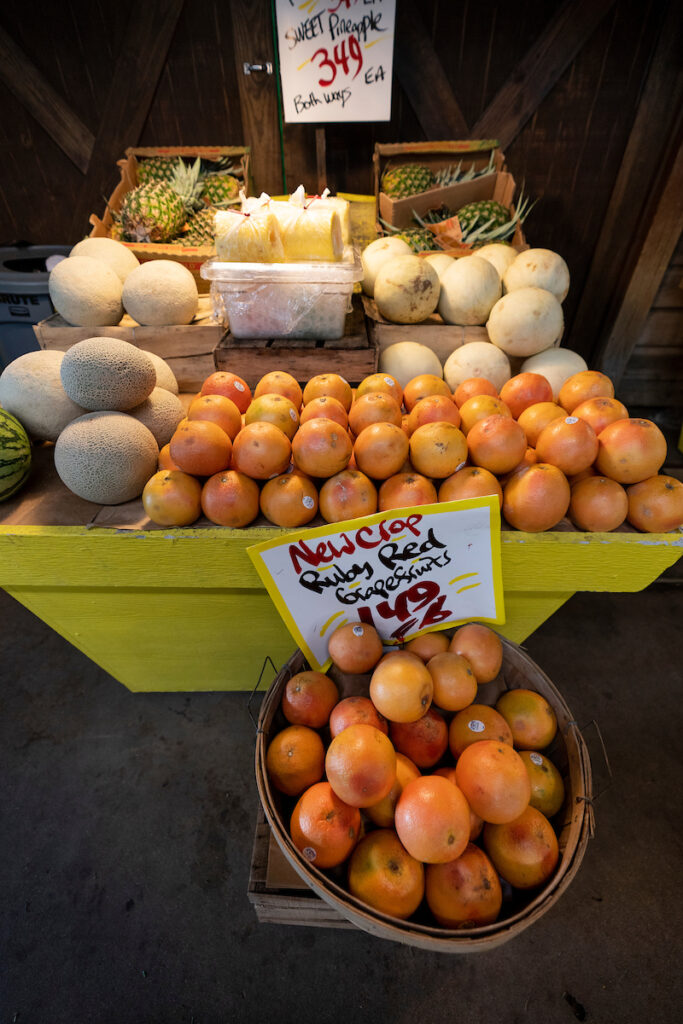
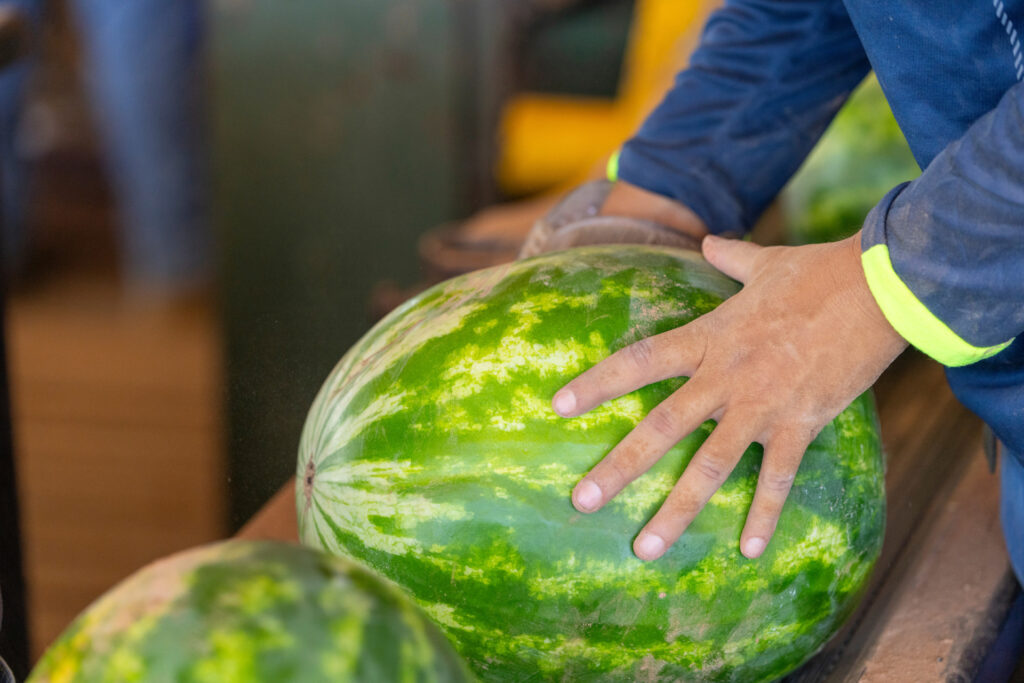
Texas A&M comes calling
Taking this technology to farmers to ensure their work would benefit the public was one of the missions Dhingra said he was trying to accomplish.
“One of my mentors says it is our absolute duty, it is our moral duty to make sure what we do with research reaches the people,” Dhingra said. “That connects with why I am here at Texas A&M. I learned that my group’s research can not only be impactful but it benefits my students and myself when we work on these need-driven topics.”
In 2021, a research colleague and professor at Texas A&M reached out and suggested he apply for an open position at the university. Dhingra landed the job and now leads the department.
He is focused on creating a Texas A&M community to raise awareness for horticulture and advocate for the industry.
“I am like a kid in a candy store,” Dhingra said. “But that is why I was hired. I am passionate about building a bridge between the people we serve and what we do in our labs.”
A grape idea
The idea for Spirited Learning events to connect students and the public with horticulture was conceived over lunch between Dhingra and Justin Scheiner, Ph.D., Texas A&M AgriLife Extension Service viticulture specialist and associate professor in the Department of Horticultural Sciences, while discussing the HORT 416: “Understanding Wine” course.
“By that time, I had heard a few things from the industry,” Dhingra said. “That we needed more young people coming in to learn about the horticulture sector because it is such a vibrant place for jobs where they can be happy, they can work outside and with good things.”
Dhingra wanted to create a program where Texas horticulture industries could be featured to educate students and the community.
“I said, ‘Let’s bring the horticulture industry members to these events so that it can be a face-to-face interaction between students of all disciplines, staff, faculty, administrators and industry members, because everyone loves to be in Aggieland,’” Dhingra said. “We called that program Spirited Learning.”
The events started in February 2022 now routinely attract over 500 people. Spirited Learning co-features a different Texas winery and different sectors of the horticulture industry each month during the spring and fall semesters.
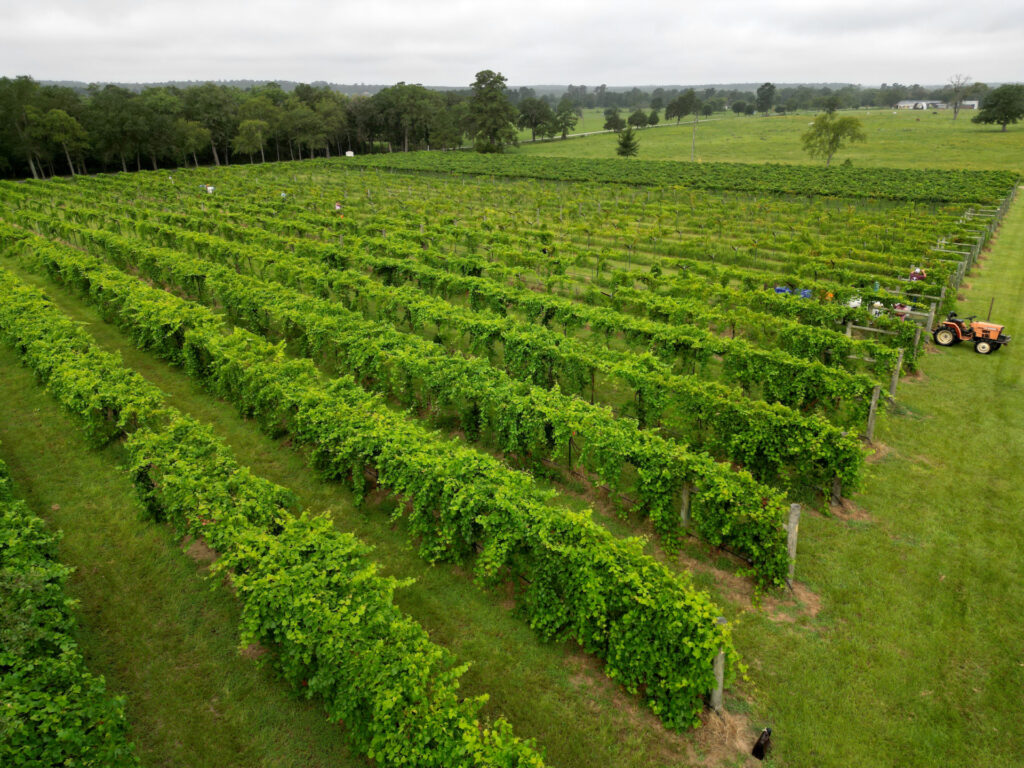
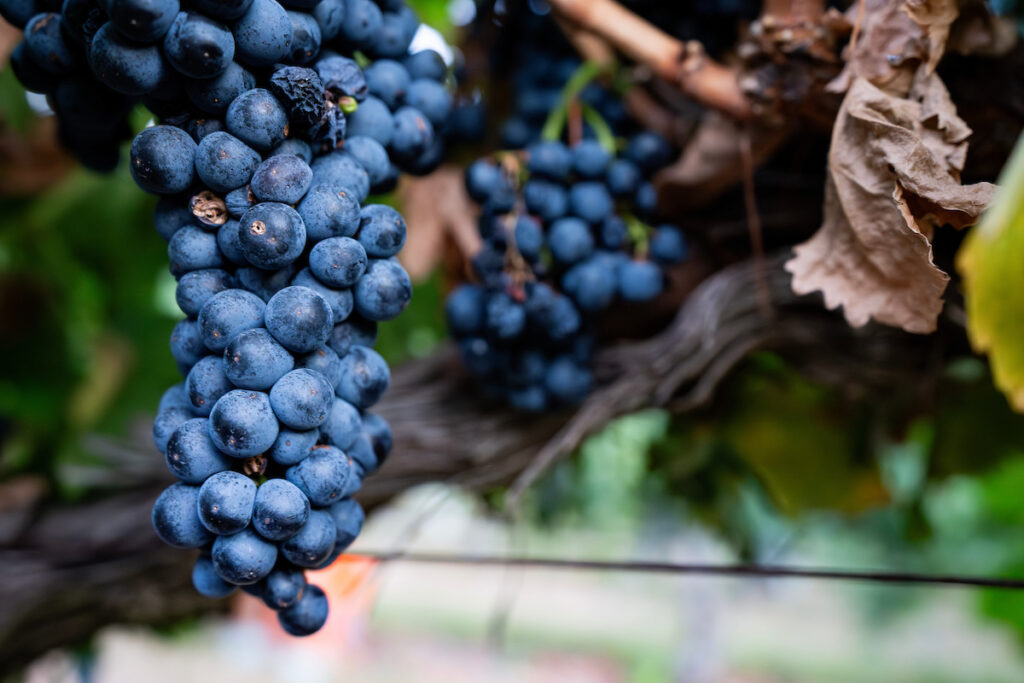
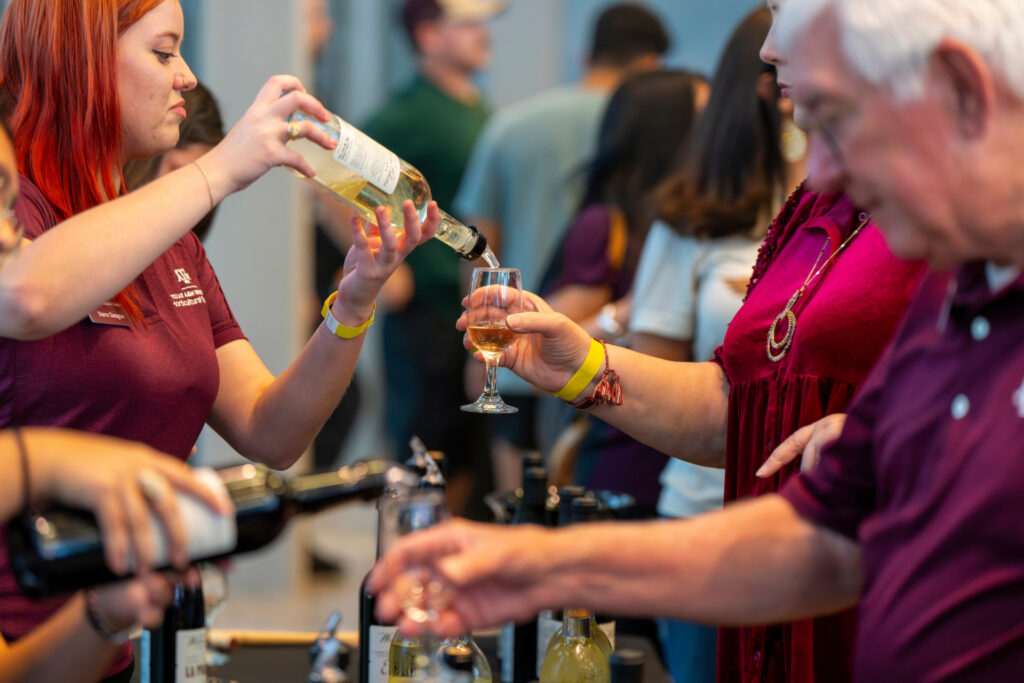
Spirited learning beyond the grape
Dhingra said wine is not the only focus of Spirited Learning as there is a consistent problem with the public failing to make connections between horticulture, commodities and the foods used every day.
“Imagine you are walking into H-E-B. What’s on your list?” Dhingra asked. “Fruits, vegetables, I need to get my greens, I need to get my avocados. They don’t know it is all horticulture.”
Horticulture crops are No. 2 in terms of economic impact in the state, and Dhingra said his focus is on bringing awareness to the industry and showing the public what horticulture is really about with social integrating events such as Spirited Learning.
But Spirited Learning events are just one stop for the Department of Horticultural Sciences on the road to advocating for all sectors of the industry, he said. The department will continue advocating for Texas horticulture and eventually branch out to other beverages like coffee and ciders, Dhingra said. He said he sees his efforts as his way to pay forward the connection to horticulture he made decades ago in food ration lines.
“I think people forget the importance of social interaction,” Dhingra said. “From what we work with our flowers and gardens to what we do with Spirited Learning, we want to create a community of people celebrating horticulture.”
For more information about the Department of Horticultural Sciences, including learning about Spirited Learning, research opportunities or industry partnerships, go to https://hortsciences.tamu.edu/.
This story was written by Emily Denton ’23, Texas A&M Department of Agricultural Leadership, Education and Communications

